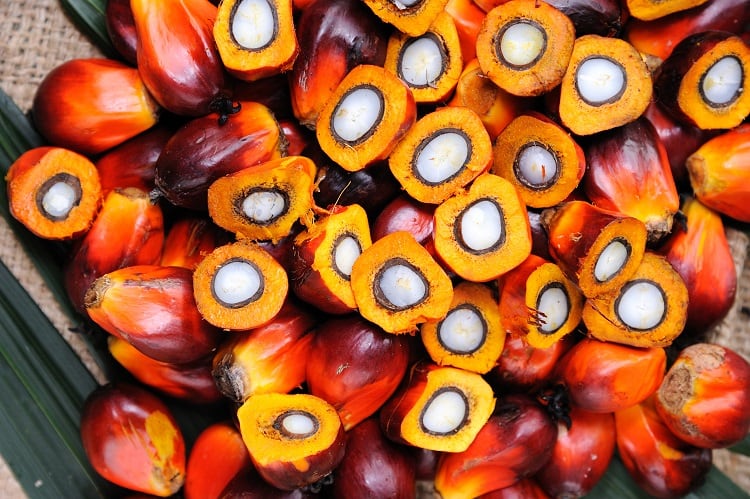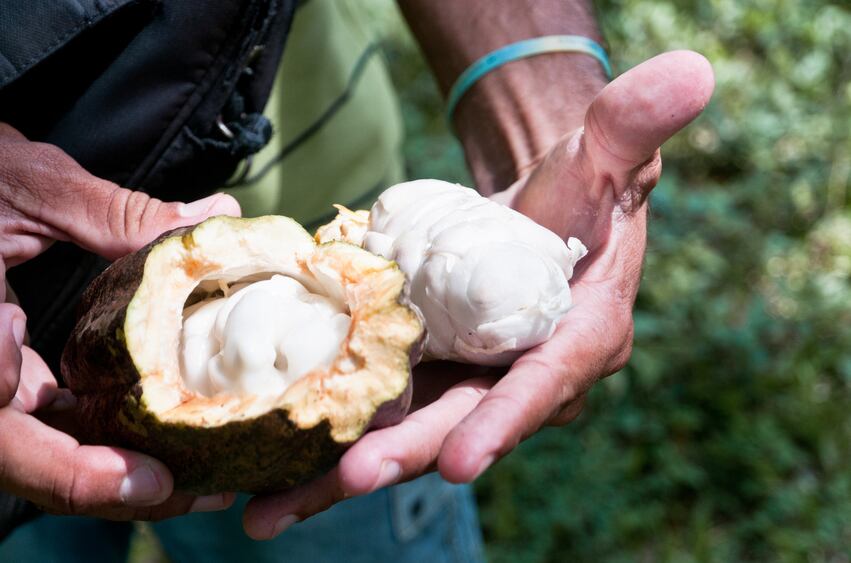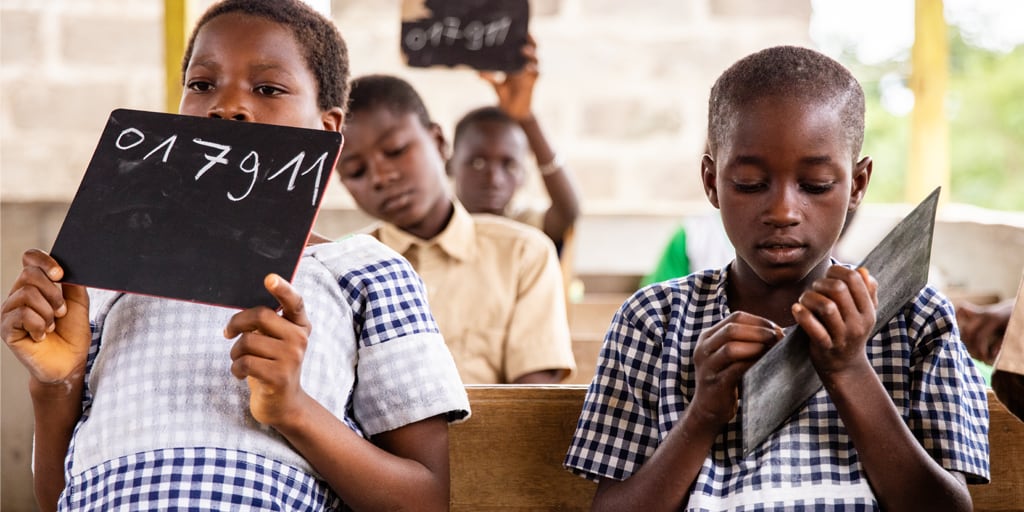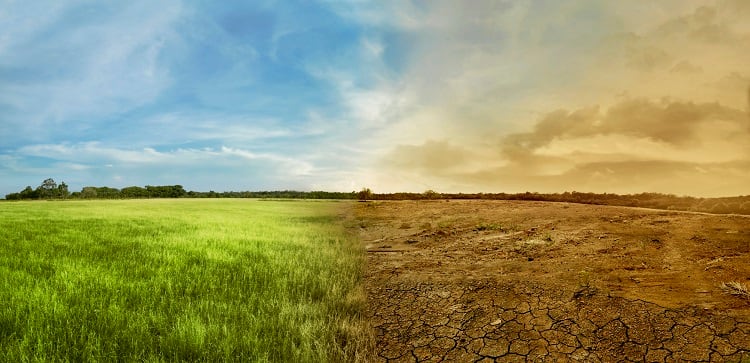Singapore-headquartered Olam is involved in dairy farming, food processing, private label manufacturing, and branded food products.
The company is, however, perhaps best-known for its commodity training operations. Olam has an integrated supply chain of approximately 47 agricultural commodities, including cocoa, coffee, nuts, soya beans, beetroots, rice, and palm oil.
It is this last commodity that has caught the attention of the World Rainforest Movement (WRM).
The Uruguay-headquartered organisation describes itself as an international NGO and Indigenous Peoples’ Groups network, involved in ‘efforts to defend the world’s tropical forests against the forces that destroy them’.
In a recent publication titled ‘Communities facing Zero Deforestation pledges: the case of OLAM in Gabon’, the NGO accused Olam of identifying loopholes in its palm oil commitments that allow for irresponsible deforestation and land conversion.
Olam accused of contradictory commitments to stop deforestation
In Gabon, Olam partnered with the Gabonese government to create two companies: Olam Palm Gabon and Sotrader. The commodities trader is regarded the biggest industrial oil palm and rubber plantation company in the country.
In 2017, Olam committed to zero deforestation in Gabon. However, according to WRM, this pledge – developed in its ‘Olam living landscapes’ policy – contains a number of loopholes.
These technicalities, WRM claims, allow for irresponsible deforestation and land conversion.
Once such loophole concerns Olam’s adoption of ‘net-positive principles’ in its achievement of ‘zero deforestation’, noted WRM in its report. “The word ‘net’, although it might appear insignificant, is in fact crucial. ‘Zero net deforestation’ means that the total area of forest within a given geography remains unchanged.
“However, this can be achieved not only by not destroying any more forest but also by planting new trees to offset forest that has been destroyed.”
WRM suggests the term ‘zero net deforestation’ allows a company to continue destroying forests as long as it restores ‘comparable’ areas elsewhere by planting trees.
The NGO also raised concerns that Olam’s commitment to conserve and create more High Conservation Value (HCV) forests allow for other areas, including forests, that the company does not consider to be HCV, to be converted into oil palm plantations.
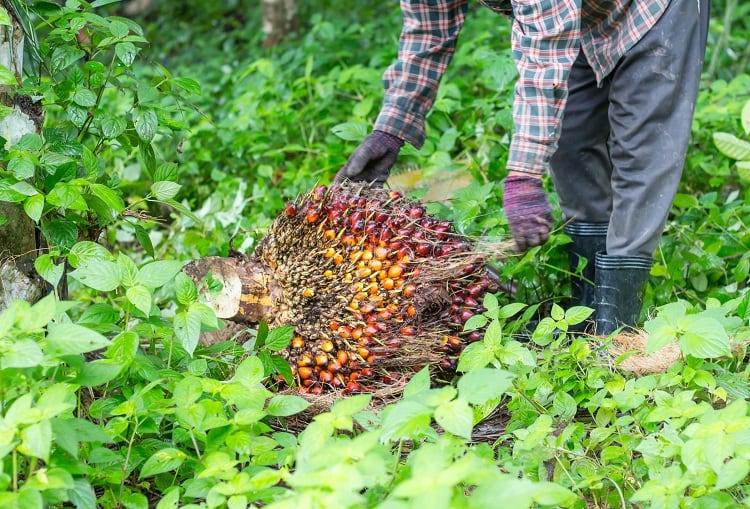
Following up with Olam, the company told FoodNavigator it ‘strongly refutes’ WRM’s ‘false’ and ‘factually inaccurate’ allegations.
“All of Olam’s palm plantations have been developed as a joint venture with the Government of Gabon in line with a process to carefully balance Gabon’s development needs with the imperative to conserve the country’s unique forests,” the spokesperson said.
Further, Olam strictly followed the Roundtable on Sustainable Palm Oil (RSPO) Principles and Criteria, with independent assessments and public consultations, prior to commencing plantation development, we were told.
Such practices have “rigorously avoided areas identified as primary tropical forests, high carbon stock forests or other HCV”.
Compromised community consent?
The NGO has also suggested that community consent – which allowed the company, in partnership with the Government, to initiative oil palm plantation projects in the Gabon province of Ngounie – was in some way compromised.
While Olam adhered to the principle of Free, Prior and Informed Consent (FPIC), WRM said that Olam was ‘able to exert a strong influence on this process in its favour’.
“During our visits to the area, we heard of two communities that had rejected the projected,” noted WRM in the report. In the community of Bemboudie, villagers successfully rejected Olam’s project, however commented that their rejection of the plantation project did not stop Olam from ‘invading their lands and destroying forest’.
In response, Olam reiterated its commitment to a ‘fully inclusive process’ with communities to ensure FPIC concerning agricultural development plans. “We maintain ongoing, regular dialogue with 60 villages in proximity to our plantations to ensure understanding of our project, to address any concerns, and to invest in projects agreed with the communities to improve local education, healthcare and access to water.”
Expanding on the FPIC process, the spokesperson explained that communities have the right to retain, and have access to, ‘very large’ areas to protect traditional activities, such as hunting, fishing and subsistence agriculture.
“The areas were mapped with the communities’ participation and agreement, and recorded in the legal process which granted our license to operate. This has ensured villages are not hemmed in or isolated by our palm plantations and that communities’ traditional livelihood activities are not impinged.”
‘Olam has not engaged in any logging activity in the region’
The report raised questions concerning timber logging in Gabon’s Ngounie province. According to WRM, local communities in the lots where Olam is active claim the company turned forests into ‘degraded logging areas’.
The NGO acknowledged that in this instance, Olam shared the profits between the logging company, the Gabonese state and the communities. However, Olam believes WRM may has misinterpreted the situation.
“Olam has not engaged in any logging activity in the region,” the company spokesperson told FoodNavigator. “The degraded areas within our concessions were the result of repeated timber harvesting cycles over several decades by other companies, to the point of being uneconomical to manage for timber.”
Rather, Olam believes WRM may have misinterpreted a ‘salvage operation’ benefiting the local communities for a commercial logging operation.
“When we developed these degraded areas for palm, we did recover some marketable timber of low quality, that had been ignored by the loggers. Rather than allowing this to go to waste, we agreed to manage the sale of these residual timbers on behalf of the local communities and under the supervision of the Ministry of Forests,” explained the spokesperson.
“Olam intentionally made no profit whatsoever from these sales, with the money raised going into social funds managed by the local community to invest in local projects. This process and funds have been publicly documented.”
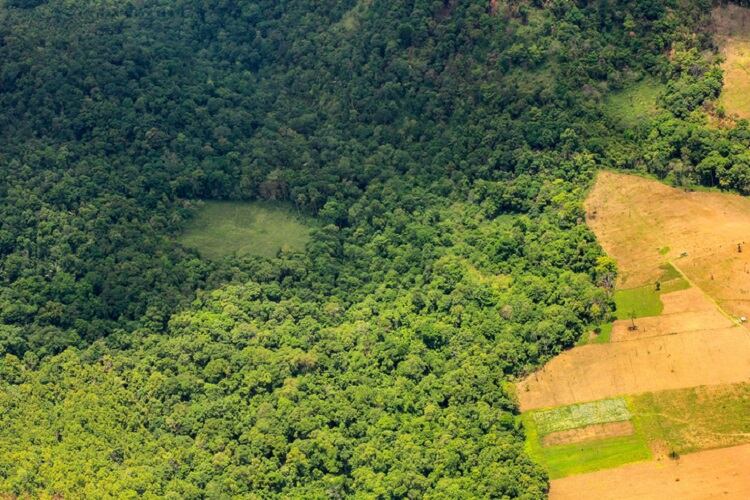
‘Zero deforestation’ pledges are propaganda tools
WRM concluded that voluntary ‘zero deforestation’ pledges are propaganda tools for oil palm plantation companies like Olam that do not, in fact, improve the lives of people that make up the communities living in and around concession areas.
In rebuttal, Olam said it is committed to continuing its engagement and work in delivering meaningful and positive impacts on communities and landscapes in the region.
From an environmental perspective, the spokesperson said Olam’s plantations are the ‘only ones globally’ to have been shown to be climate positive (net drawdown of CO) through independent and peer reviewed scientific reports, and the company is proud its plantations in Gabon are ‘held as a positive example’ of environmentally and socially responsible palm oil production.
For a business which produces less than 1% of the world’s palm oil, Olam conserved around one-third of all HCV habitat protected by palm companies globally, the spokesperson added.


